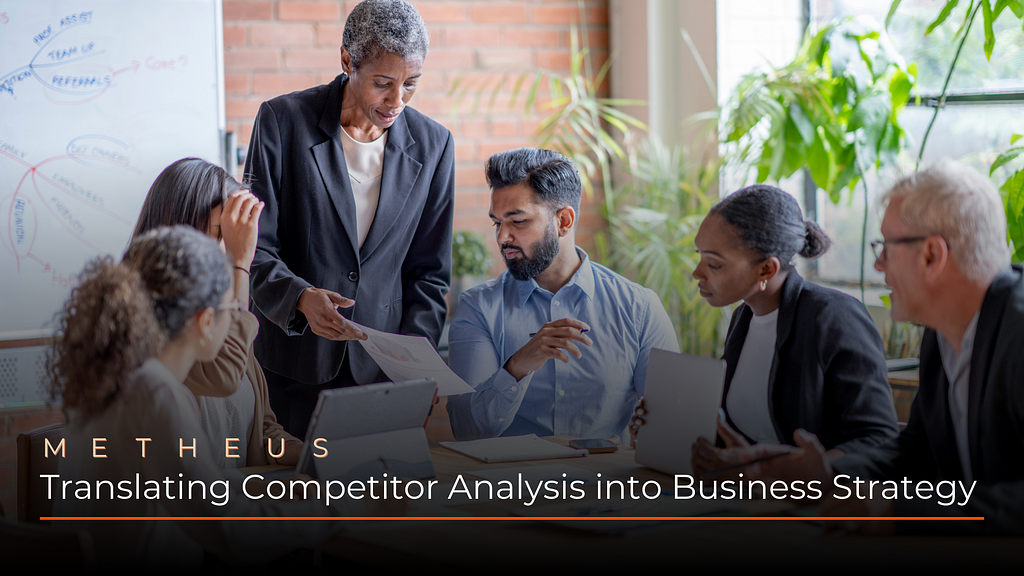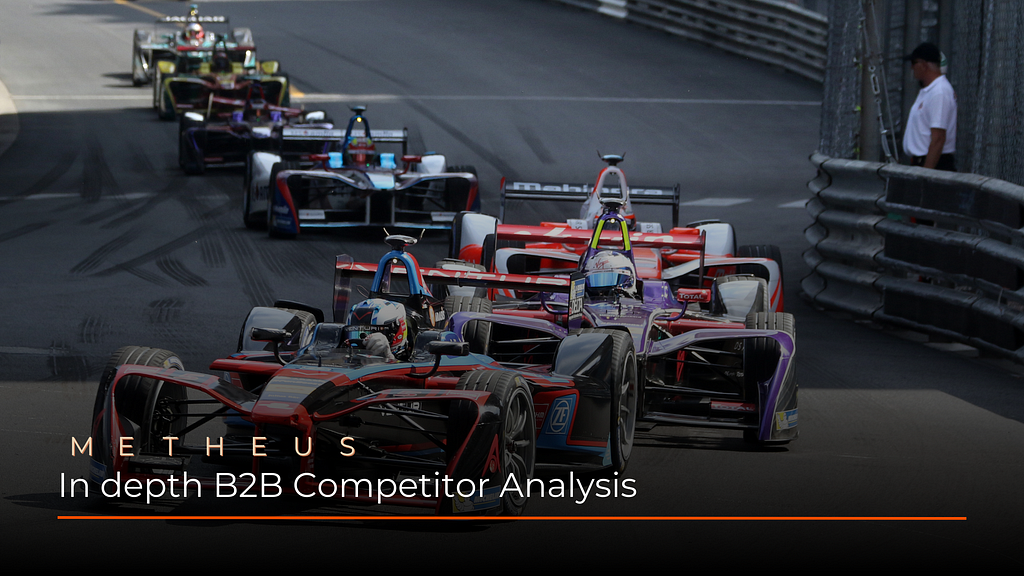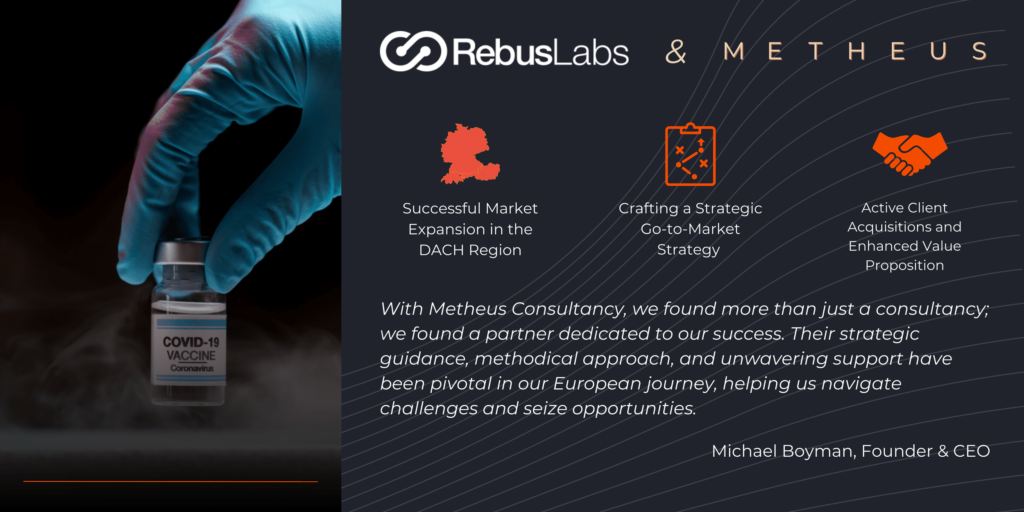Have you seen the pictures of people created by dawn.ai? Have you heard about ChatGPT where you can create a website code, write essays, plan travels, create pr calendars and many more? Did you get the chance to try Copy.ai to write your post captions, blogs or hashtags?
Independent of your answer, it can be seen that AI is a hot topic which can do a lot of different tasks easily while impacting different areas. One of these areas is business growth and expansion. AI can help companies make better decisions, increase efficiency, enhance the customer experience, develop new products and services, and save costs.
Let’s look at these impacts of AI in more detail:
I.Improved decision making for companies
Artificial intelligence is capable of analyzing large amounts of data quickly and efficiently, which means it is possible to gain more insights from the data that you have collected. In fact, AI can even predict future trends based on historical data.
This helps businesses make better decisions for themselves in the future because they will be able to identify patterns in their processes or services that could benefit them greatly today but might not have been noticed before AI was introduced into their operations.
There are a lot of different companies that uses AI to help companies make decisions. Let’s look at some examples of it:
Retailer Companies Can Use Customer Data for Improved Decisions
Companies in retail industry can use different AI companies or tools to analyze customer data and identify patterns which in return can help them to make more informed decisions about inventory management, leading to increased sales and profitability. A company can use AI based applications in personalization, marketing automation and market intelligence fields.
To dive-in deeper, AI companies focusing on e-commerce gather customer data, analyze it and create new data about the customers which can shape commercials, pricing and many more decisions regarding customers and customer experience. Some examples of these e-commerce AI companies which can be used include:
-
Insider connects the company’s data, understand how the company’s users think, and predict what they’ll do next with the help of AI
-
Emarsys helps marketers build, launch, and scale personalized cross-channel campaigns that drive business outcomes with the help of AI
-
Enhencer is an online platform that helps e-commerce companies improve their ad campaign conversion rate and ROAS values, is an AI which collects and analyzes the company’s website visitor data and based on the website visitors’ behavior, it provides the most relevant and optimized target audience for marketing campaigns.
AI based physical operations analytics companies help physical shop owner companies to understand which part of their store attracts the most customers, what is their conversion rate when it comes to the number of people looking to the shop and going in, which products have the highest conversion rates and many more. With the usage of these kind of AI tools any company can make improved decisions regarding their stores and customers based on quantitative data. Some of these AI’s that can be used include:
-
Udentify measures the conversion rate of every m2 of a store with the 360-degree analytics done by AI, gives advice about the staff optimization, converts the data about customer time spent at every section into an analysis about ad campaigns and creates plans for the company’S staff in order to make customers the happiest.
-
V-Count provides a fast and accurate way to count and analyze visitors in physical locations and thus provide physical customer data to companies.
Financial Services Companies make decisions based on AI
A financial services company can use AI to analyze market trends and make more accurate investment recommendations, resulting in improved returns for their clients.
For example Morgan Stanley which is a financial institution known for its financial advisory services uses an AI tool for wealth and asset management advices known as “Next Best Action” which helps its investors to make better decisions about what to invest.
Another example is Ally Financial which is a digital financial services company offering financial products for consumers, businesses, automotive dealers and corporate clients. Artificial intelligence (AI) and robotic process automation (RPA) are being used by Ally Financial to detect the fake paystubs that are frequently used in conjunction with fake identities. Furthermore, they use AI to process auto loan applications which basically means that AI is doing the decision making process all on its own. Also they use AI for portfolio management and target the credit offers which is a decision making process on its own.
II. Increased efficiency, safety and health
AI can help companies become more efficient by automating tasks and processes, freeing up time and resources for value-added activities that are more profitable. Research Director Mobility of Frost & Sullivan, Mr. Vijay R Rao, says that: “We predict more than 40% high-routine and low-skilled tasks to be automated by 2025-2030. Ultimately, AI implementation is set to complement human jobs, not eliminate them. By 2036, it is likely that physical jobs and routine jobs will only comprise 22% and 17% respectively, whereas a majority at 61% will be knowledge-based jobs.”
In other words, it can be said that because AI’ll take human places in time-consuming jobs, both in monetary and in time wise terms, AI usage increases efficiency.
Let’s look at some examples of usage:
Manufacturing Companies
A manufacturing company can use AI to automate the production process, resulting in a significant reduction in lead times and an increase in production efficiency. AI can also make equipment failure predictions, automate directorial tasks, do inventory management, price forecasting and a lot more which overall increases the efficiency of many different processes.
AI is also being used by manufacturing companies to make decisions about the security and accident prevention related topics. Stroma Vision is a company that uses AI to develop easy-to-deploy computer vision solutions for industrial workplaces, with the goal of reducing accidents. They track all required personal protective equipment like hardhats, glasses, gloves and masks for each worker, measure job difficulty index by analyzing worker posture real-time in different work procedures according to REBA, and RULA assessments, track fatigue and distraction level of forklift drivers to maximize safety and warn them when they are tired or distracted, monitor dies and workpieces in press machines to eliminate costly die repairs, downtime, and even complete production stoppages and monitor a press machine operator’s fatigue and distraction levels and ergonomics in real-time to eliminate costly accidents and near misses. Especially Nordic Countries who have a zero-accident target uses the datas from Stroma Vision to decide on which precautions to take when and where. Because these precautions are decided with the usage of data, in general they become more impactful when it comes to preventing accidents which shows to role of AI in improved efficiency, safety and health.
Healthcare Providers
A healthcare provider can use AI to automate the scheduling and appointment process, saving time and resources and improving the patient experience. Future AI tools will be used to control and record data instead of doing it manually, and report the data in case of an upcoming emergency. For instance, RebusLabs, a producer of cold chain monitoring devices for pharmaceutical logistics and supply chains, uses data to understand if there is a temperature increase that could endanger the products, or if everything is all right regarding the temperature. In the near future, it is expected that they’ll integrate AI with their systems to predict errors or temperature changes beforehand. This suppresses the need for a manual check, freeing up more time for human workers and increasing the efficiency of the overall job.
III. Enhanced Customer Experience
AI can help companies provide a better customer experience. Companies that have access to large amounts of data on their customers can use AI to understand their needs, interests and behaviors better than ever before. This will allow them to provide more personalised services and products that match what the customers want. With the help of artificial intelligence, companies can use algorithms to create personalized promotions for each customer based on their purchase history or demographic information.
Some examples that uses AI to enhance customer experience include:
-
Personalized product recommendations to customers based on their previous purchases and browsing history, resulting in increased customer satisfaction and loyalty. For instance, a retail company’s tool to use for a personalized customer experience does generally start with Customer Data Platform creation. Customer Data Platform (CDP) packaged software that creates a comprehensive customer database accessible by other systems to analyze, track, and manage customer interactions. Customer Data Platform Institute is an organization to learn more about CDP and more about how to enhance customer experience.
-
A travel company can use AI to provide personalized vacation recommendations to customers based on their preferences and past travel history, resulting in increased bookings and customer satisfaction.
IV. New product and service development
AI has a significant impact on business growth and expansion. Artificial intelligence can help companies identify new opportunities for growth by generating ideas for new products and services, creating entirely new markets, or simply helping to better serve existing customers. While AI won’t be able to produce all of your company’s ideas for new products and services by itself, it can help businesses identify opportunities for growth by generating ideas that humans may not think of themselves. For example, if you run an online clothing store, AI could be used in conjunction with existing customer data like orders made over time or user feedback forms filled out after purchase in order to predict what kinds of products might appeal most strongly with your target audience—and thus give them something they really want!
Somer real-life examples of the usage of AI include:
Healthcare Company
A healthcare company may use AI to analyze data from clinical trials and identify potential new treatments, resulting in the development of several new drugs. Some real life examples include Medable and IQVIA.
-
Medable aims to expand trial access to every body, gain end-to-end efficiencies, and streamline everyone’s trials with an easy-to-use platform built by clinicians and patients proven to drive precise outcomes. Medable uses AI to record different trials and with the data collected help producing a new drug which is how a new product development can occur with AI.
-
IQVIA is a global provider of advanced analytics, technology solutions and clinical research services to the life sciences industry dedicated to creating intelligent connections that deliver unique innovations and actionable insights. Through the insights and innovations provided, healthcare good producers can create new goods with the usage of the AI tech provided by IQVIA.
V. Cost savings
When it comes to saving costs, AI can help businesses reduce costs by automating tasks and processes. It also identifies opportunities for cost reduction by analyzing data from multiple sources, which makes it a great tool for companies looking to cut expenses. Another way AI can help businesses save money is by increasing productivity through automation and self-service technologies like chatbots or virtual assistants that answer customer questions before they even reach the customer service department. These types of solutions allow employees who were previously focused on repetitive tasks more time to focus on other things like sales or innovation instead – ultimately leading teams towards greater profitability!
For instance, a logistics company may use AI to optimize routes for their delivery trucks, resulting in reduced fuel costs and improved delivery times. With the use of AI optimizing and finding the least costful routes, cost saving becomes an easy process to implement.
Some AI tools to use include:
-
Onfleet is a last mile delivery solution for companies across different industries including food and beverage, retail, e-commerce, furniture, pharmacy and more. They do optimized route planning, end-to-end communication tools and industry-leading mobile applications with the usage of AI. As a result their customers gain money with the usage of the most optimized route.
-
SimpliRoute is also a logistics software company which optimizes delivery routes, monitor the company’s vehicles in real time, provide online tracking information for your customers and the provide data for a data-driven decision which can be made by the company.
Impact of AI on business growth and expansion
In conclusion, AI has the potential to significantly impact business growth and expansion in a number of ways. By helping businesses make better decisions, increase efficiency, enhance the customer experience, develop new products and services, and save costs, AI can help businesses achieve greater success and growth. As AI continues to evolve and become more widely adopted, it is likely that we will see even more examples of businesses leveraging the power of AI to drive growth and expansion.
As Metheus Consultancy, we are launching a new service line as venture client model. The concept of the venture client model is new, yet simple. Instead of acquiring non-controlling equity stake, an enterprise buys the startup’s product. The corporate becomes, hence, a venture client rather than a venture investor with the objective to harness a strategic benefit. The strategic benefit emerges from applying the startup product to improve an existing or create a new product/service, process, business model, or even entire business. The startup solution is applied in a real business environment immediately, without being incubated or accelerated. As a bridge between enterprises and start-ups, we will increase the network and collaboration between startup/scaleups with enterprises for innovative purposes with this model. As a result, both assist businesses and startups in developing their AI and data-based innovations..
If you have an AI-based company, to learn more about the usage areas of your services by more potential enterprises; or if you are an enterprise, to learn more about optimization potentials of the areas of innovation in your company and AI-service suppliers, contact us! We are here to help!












